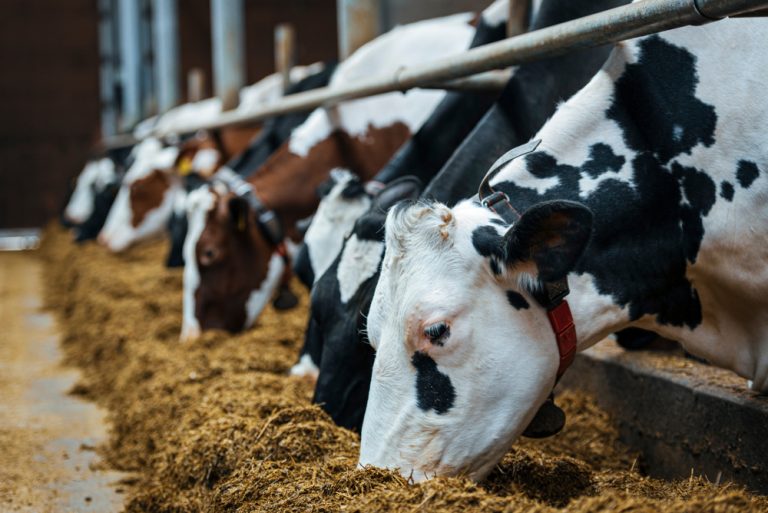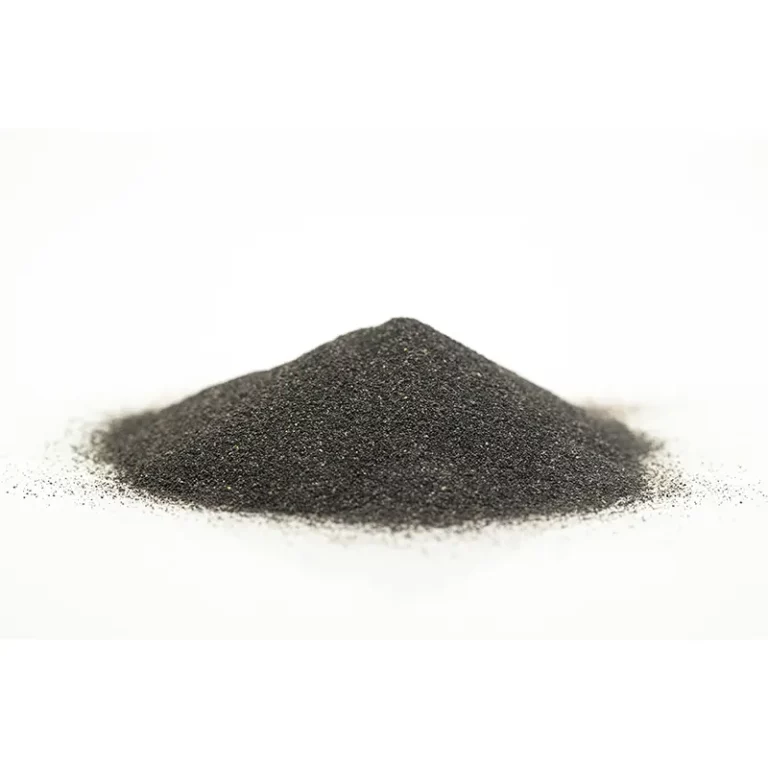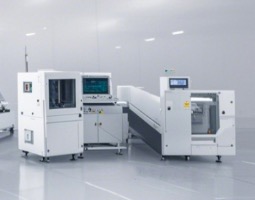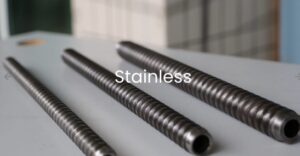Table of Contents
Ferrous fumarate elemental iron is a form of iron, and you primarily fulfill your iron requirements from food. Iron is incorporated into your body’s hemoglobin and myoglobin. Hemoglobin in your blood carries oxygen to tissues and organs, while Myoglobin allows muscle cells to store oxygen.
Anemia caused by a shortage of iron is treated with ferrous fumarate (a lack of red blood cells caused by having too little iron in the body). The article discusses the significance of Ferrous Fumarate, its usage in animal feed, and how it meets the nutritional value of livestock.
Importance Of Ferrous Fumarate Elemental Iron
The iron (II) salt of numeric acid, sometimes referred to as ferrous fumarate elemental iron or iron fumarate is found naturally as a reddish-brown powder. A vital mineral called ferrous fumarate functions by giving the body iron. Iron deficiency anemia, or a lack of red blood cells brought on by too little iron in the body, is treated with it. The food, pharmaceutical, and animal nutrition industries employ ferrous fumarate as an iron supplement.
Iron is absorbed into hemoglobin, which is necessary for the transportation of oxygen, or is trapped in the reticuloendothelial cells for storage following the administration of ferrous fumarate elemental iron. This substance is a dietary supplement to prevent or treat disorders linked to iron deficiency.
Ferrous Fumarate As Animal Feed Ingredient
All animal species may use ferric oxide red, and its lifetime administration to animals is not prohibited. Any impact of feeding ferric oxide on the iron content of edible tissues and products is not anticipated due to the target animals’ extremely poor absorption of iron from ferric oxide and the homeostatic regulation of animal iron metabolism.
It is unlikely that the customer will be directly exposed to ferric oxide due to the usage of this oxide in animal diets. As a result, adding ferrous fumarate elemental iron to animal feed adds to its nutritional value and is unlikely to pose a concern to consumers. By way of mechanical action, ferric oxide irritates the skin and eyes.
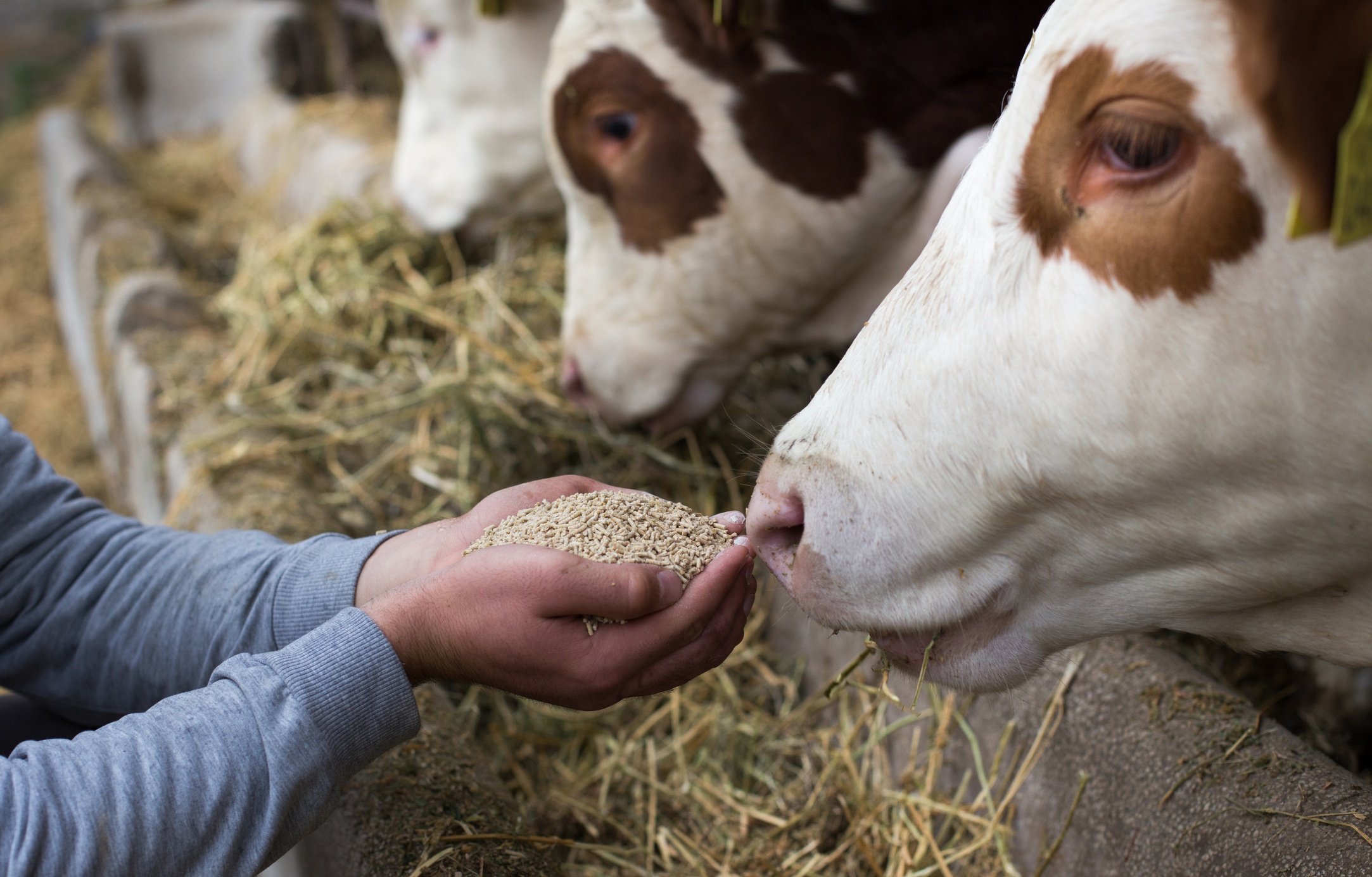
Side Effects Of Ferrous Fumarate
It can cause adverse reaction symptoms: Hives; breathing issues; and swelling of the face, lips, tongue, or throat. Serious adverse effects from ferrous fumarate elemental iron are possible. Ferrous fumarate can cause the following side effects:
- Unpleasant stomach ache
- Spitting up what seems to be coffee grounds or blood
- Tarry stools or blood
- Stools with vivid red blood in them.
- A bad case of the flu
The following are typical side effects of ferrous fumarate:
- Bloating
- Diarrhea
- Stomach aches
- Appetite loss
- Black or very dark urine or feces.
In conclusion, Ferrous Fumarate Elemental Iron plays a crucial role as an iron supplement in meeting the nutritional needs of both humans and animals. Especially in the livestock industry, adding Ferrous Fumarate Elemental Iron to animal feed not only enhances the nutritional value and fulfills the iron requirements of livestock, but also poses no concerns to consumers. However, it is important to note that Ferrous Fumarate Elemental Iron may cause some side effects such as stomach discomfort, diarrhea, and loss of appetite. Therefore, proper guidance and close monitoring of animal reactions are essential when using it. In summary, the correct application of Ferrous Fumarate Elemental Iron is vital for maintaining the health and productivity of animals.
0
